Emergency Fund Secures Jobs
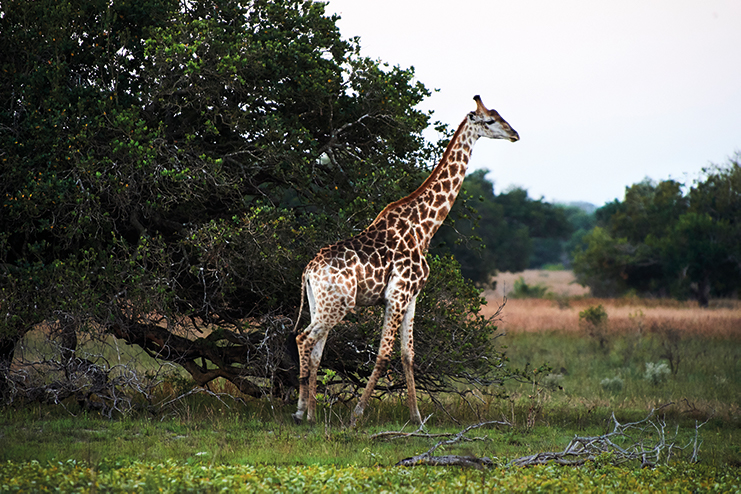
The tourism sector is one of the most affected by the Covid-19 pandemic, due to border restrictions worldwide, as well as to the internal movement of people. With tour operators living in times of uncertainty, rangers in wildlife conservation areas saw their source of income become threatened. In this context, the Foundation for the Conservation of Biodiversity (BIOFUND) recently decided to create the fund “BIO – Emergency Fund”, for rangers in conservation and wildlife areas in the country. With the motto “Protecting Natural Resources in Times of Crisis”, the initiative aims to secure jobs and cover the wage costs of rangers and indispensable staff, to support the supervision of conservation areas during the period of the crisis caused by Covid-19.
According to Luís Bernardo Honwana, Executive Director at BIOFUND, “the sector is currently facing the problem of maintaining the entire structure of custody of natural assets, as it finds itself without the revenues that come from tourism.” In this sense, Honwana considers that this establishes a crisis situation, “and as a solution, BIOFUND decided to create this fund to support operators in the conservation areas to proceed with the supervision.”
Valued at three million dollars, the fund will be implemented in two stages: the first will provide direct support to the public sector to cover the salary costs of approximately 150 public sector rangers; the second will benefit 800 rangers from the private sector.
In turn, Jorge Ferrão, a member of the board of directors at BIOFUND, underlined that “the first stage of the emergency fund should last six months, and the second stage (will be) more comprehensive in terms of duration and the support to be provided, depending on the evolution of the pandemic in the country.”
Although temporary, private operators look at the initiative with satisfaction, given that a large part of the communities near the conservation areas depends directly on revenues from them. “All conservation areas under private sector management have thousands of resident communities whose first job opportunity is the operator running next to them, and then comes the wildlife that belongs to the State and to all of us,”Pacheco Faria defends, representative of the Mozambican Association of Safari Operators (AMOS). Implemented by BIOFUND, in partnership with the National Administration of Conservation Areas(ANAC) and AMOS, the fund will benefit 19 national parks and reserves, 20 official reserves and other categories in the country.
Texto: Hermenegildo Langa
Foto: Jay Garrido

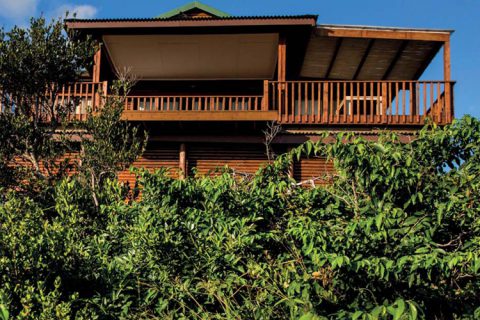

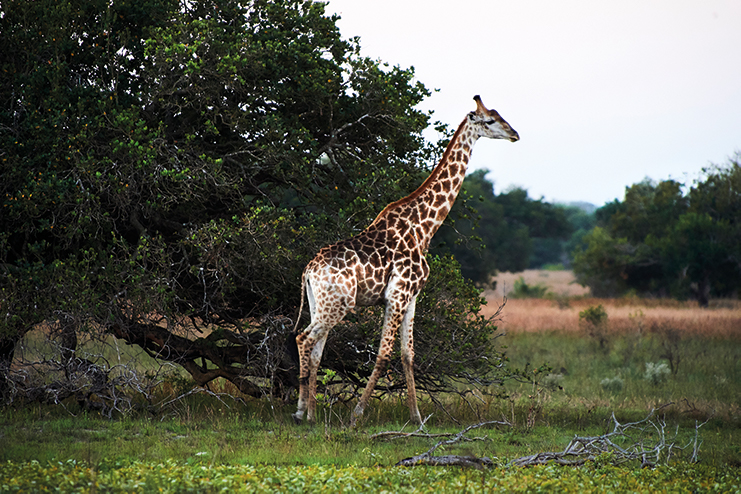
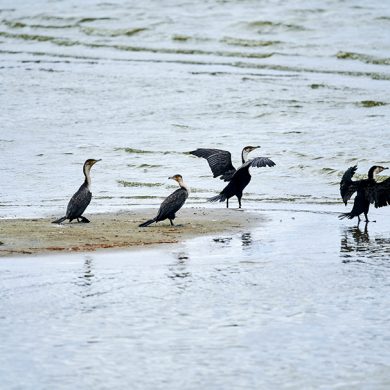

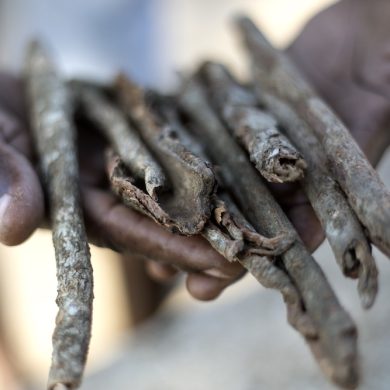
























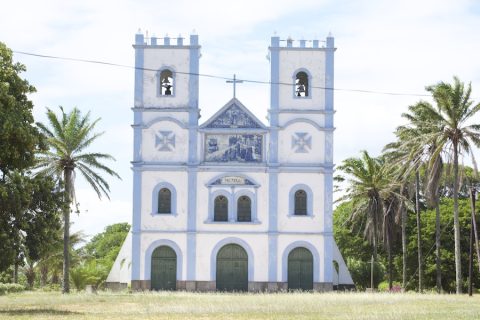




0 Comments